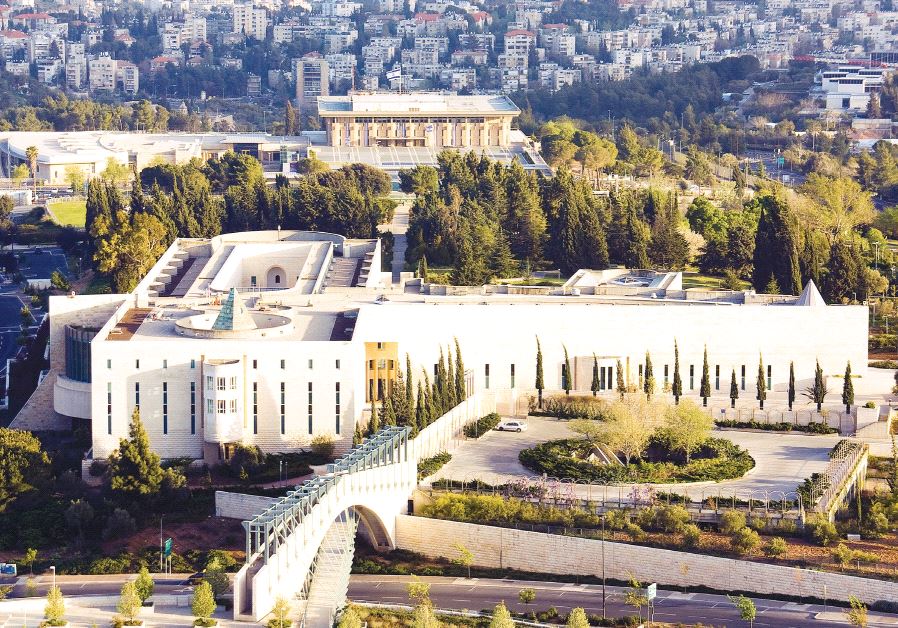Israeli Right wins historic fight over Supreme Court justices
Shaked biggest winner in selection of four new Supreme Court justices. Naor cuts deal rather than risk Knesset nuclear option.
 The Supreme Court, Jerusalem(photo credit: Wikimedia Commons)Updated:
The Supreme Court, Jerusalem(photo credit: Wikimedia Commons)Updated: